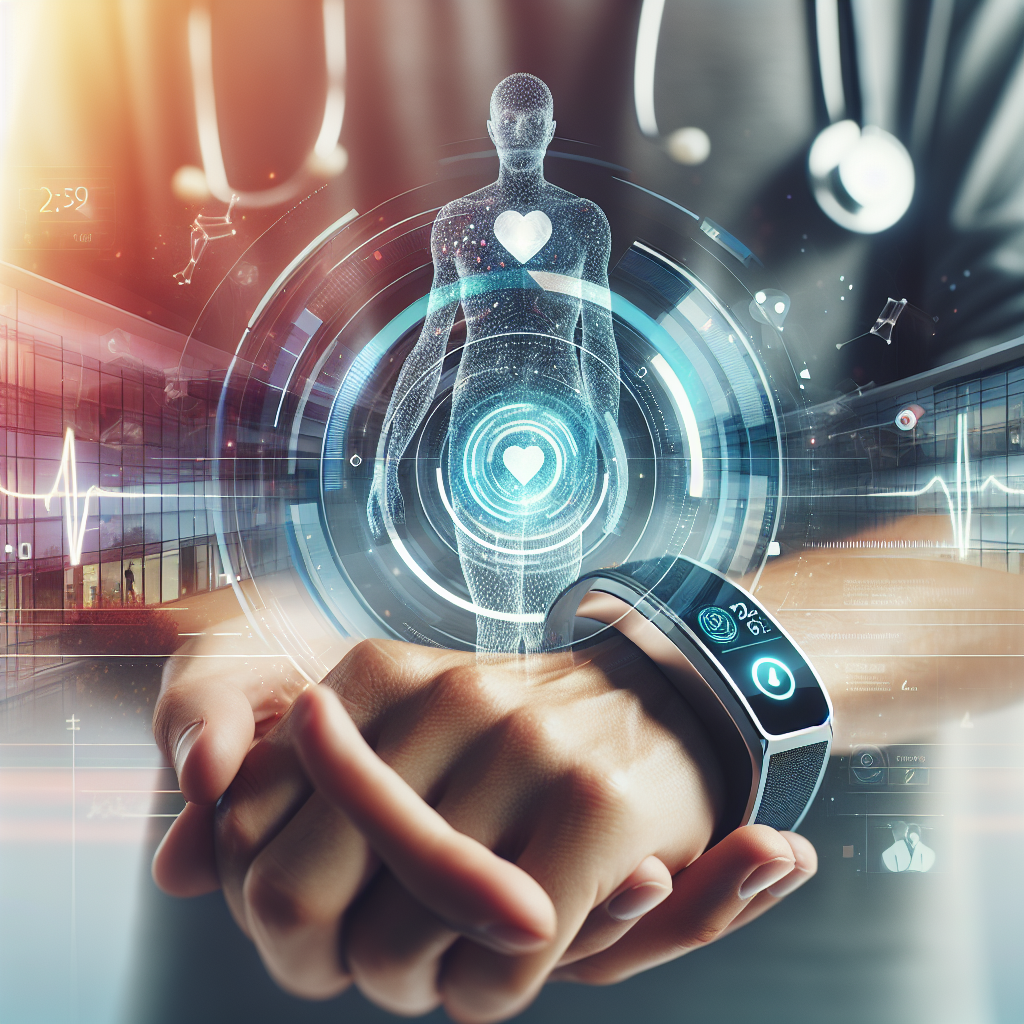Introduction
As technology advances, the question arises: Will Wearables Replace Your Doctor’s Visits? Wearable devices have become increasingly sophisticated, capable of tracking a wide range of health metrics such as heart rate, sleep patterns, and even blood oxygen levels. This has sparked discussions about their potential to transform traditional healthcare systems.
Current Capabilities of Wearable Technology
Modern wearables go beyond counting steps and calories. Devices like the Apple Watch and Fitbit now offer features that can detect heart irregularities and falls. The FDA has even approved certain wearables that can monitor glucose levels continuously, providing crucial data for diabetic patients without the need for painful pricks.
Impact on Routine Healthcare
Experts believe that wearables can significantly reduce routine visits to the doctor. According to a Forbes report, wearable technology could help patients manage chronic conditions from home by providing real-time data that doctors can access remotely. This not only makes healthcare more convenient but also reduces the burden on healthcare facilities.
Are Wearables Reliable Enough to Replace Doctors?
Despite their potential, there are concerns about the reliability of wearables for medical diagnosis. A study published by the Journal of the American Medical Association highlighted that while wearables are improving, they are not yet a substitute for professional medical assessment. Calibration issues and varying user conditions can affect their accuracy.
Future Prospects and Developments
Research is ongoing, and the future looks promising for medical wearables. Companies are investing in AI-driven algorithms that can predict health issues before they become serious, potentially preventing hospital visits. Innovations like smart patches that deliver medication based on the data collected from the device could revolutionize treatment protocols.
Conclusion
While Will Wearables Replace Your Doctor’s Visits? is still up for debate, what’s clear is that they are becoming an integral part of the healthcare landscape. As these devices become more advanced and reliable, they could complement traditional healthcare methods, offering a hybrid model where technology and professional care work hand in hand to provide optimal health outcomes.


